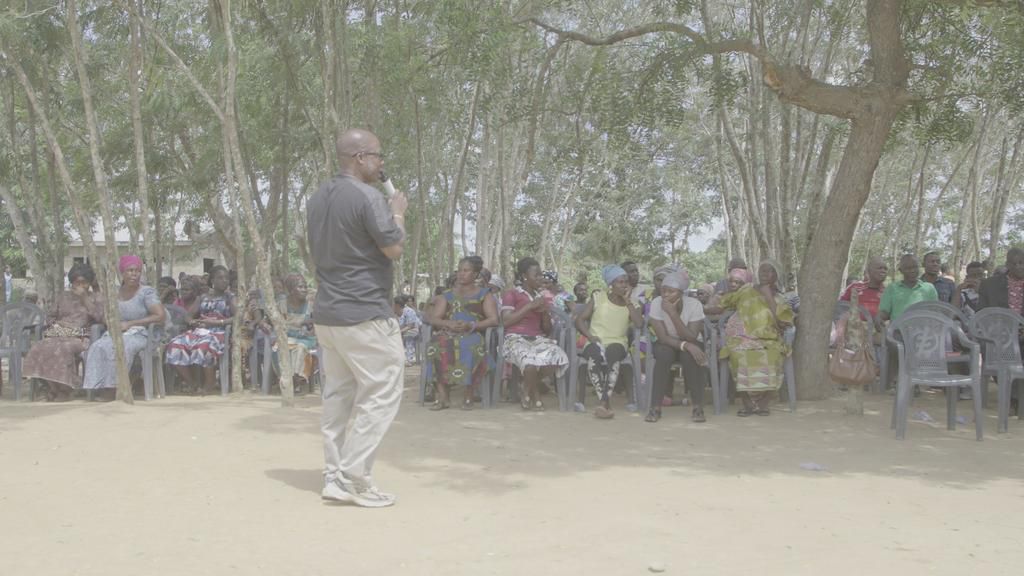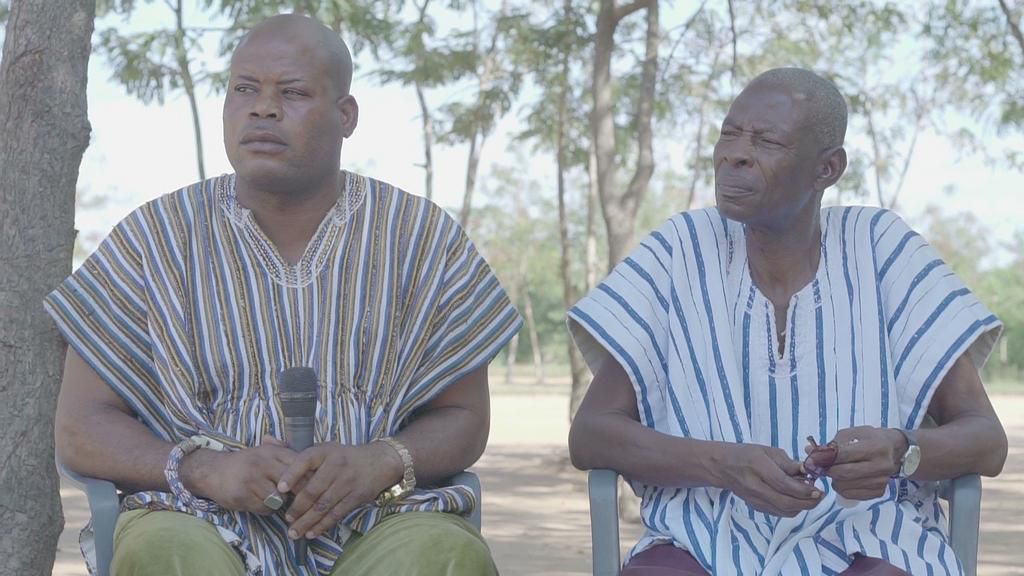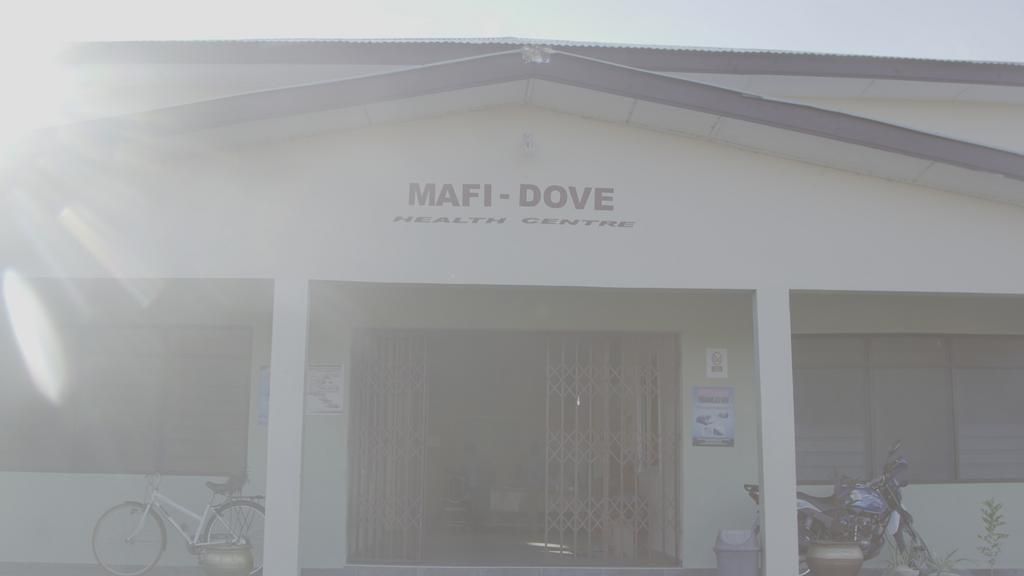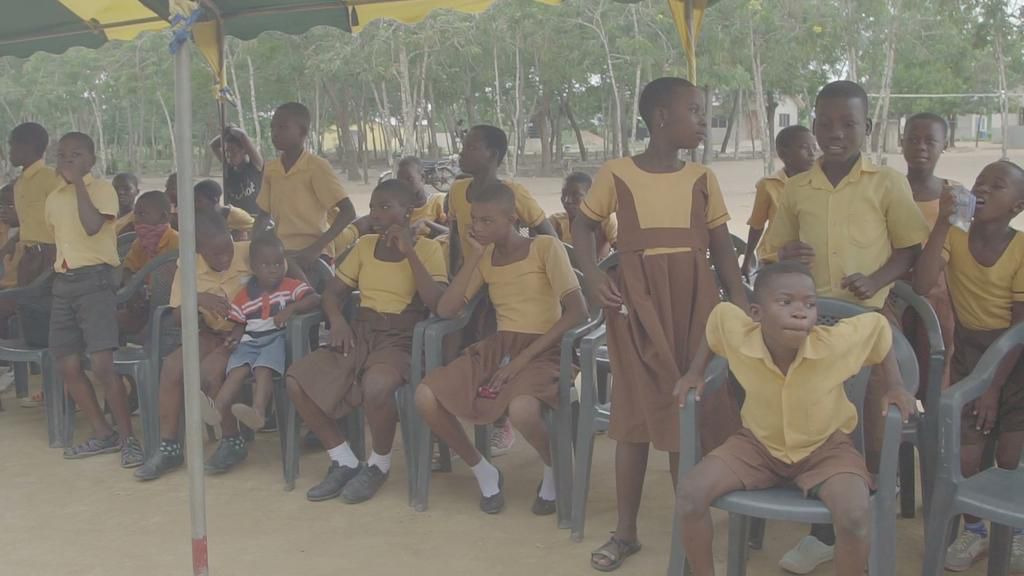Undoubtedly, every group of people around the world has its own culture and traditions that make it unique—and these often include taboos. But in the small Ghanaian village of Mafi-Dove, the taboos go far beyond the ordinary. In fact, the kind of taboos the people of Dove uphold and guard so fiercely have made the community truly exceptional.
Dove is a quiet community with an estimated population of 5,000, although only about 1,500 people currently live there. According to Honourable Moses Awukuvi-Danyevor, the Assemblyman for the area, many of the indigenes have moved to the cities in search of jobs and better opportunities.
Located along the Accra-Aflao road, between Ada and Sogakope in the Central Tongu District of the Volta Region, Dove is primarily a farming community. But what truly sets it apart isn’t its geography or economic activity—it’s the deeply held beliefs and customs that have shaped life there for generations.

The Taboos of Dove
Like most Ghanaian communities, Dove has its share of age-old superstitions. But beyond the minor taboos common across the country, there are three core ones that the people of Dove have held onto for centuries:
1. No Animal Rearing
In Dove, rearing animals is strictly forbidden. While residents are allowed to bring animals into the community, they must be slaughtered the same day—and only if they’re male. Interestingly, this doesn’t mean locals don’t consume meat; they simply don’t keep animals alive within the town.
Once you enter Dove, this taboo becomes strikingly clear. There are no animals wandering the streets—not a goat, sheep, or chicken in sight. Just birds flying overhead.
2. No Burials in Town
When someone from Dove dies, their body must be taken outside the community for burial. There is no cemetery in Dove, and that’s intentional. Unlike other communities where cemeteries might sit close to homes, in Dove, the dead are laid to rest far from the land.
3. No Childbirth on Dove Soil
The most challenging taboo is the one that forbids childbirth within the community. When a woman goes into labour, she must be rushed out of the town—sometimes in intense pain—to give birth elsewhere. Even after delivering her baby, she isn’t allowed to return until the child’s umbilical cord has fallen off.
And yet, there’s a twist: menstruation is permitted. Despite the community's aversion to "bloodstains" on the land, menstrual blood is not considered a spiritual threat.

Why These Taboos Exist
According to local elders Kwame Tsiditse Gbenua and Charles Gbenua, the taboos date back to the village’s founding. They say their ancestor, a hunter named Akiti, migrated from Notsie in present-day Togo. After crossing a river called Kebe, he settled in what is now Dove.
Legend has it that when Torgbui Akiti stepped onto the land, he heard a voice from above. It warned that he could only live there if he obeyed three divine laws: no childbirth, no animal rearing, and no burials.
“When human blood stains the ground, it invites evil,” the elders say. To this day, they believe these taboos have protected the community from violence and misfortune.
Coping with the Customs
These customs have real consequences. In the past, pregnant women had to be rushed on motorbikes to Sogakope or Battor—about 20 and 10 kilometres away, respectively—to deliver their babies.
In 2018, a health centre was finally completed in the town, thanks to efforts by the community and the district assembly. While the facility now provides maternal health care, the taboo remains in place. Women still cannot give birth in Dove, and many must stay at the health centre after delivery until their babies' umbilical cords have fallen off before returning home.
At a recent community durbar, the situation became so dire that Emmanuel Egu, a physician assistant at the health centre, got down on his knees to plead with the elders to reconsider the childbirth taboo.

Despite this, there seems to be little hope for change. While some outsiders may view these taboos as outdated, many young people in Dove defend them even more passionately than their parents.
Interestingly, nearby communities such as Mafi Aklaya, Kpogadzi, and Aflokofe once had similar taboos but have since abolished them. They even celebrate an annual festival called Kordeza to mark their freedom from these customs.
The Future of Dove's Traditions
So what happens if someone breaks the childbirth taboo? The elders claim that no physical punishment is given, but they believe the child will be born abnormal. They admit, however, that they can’t confirm whether this has ever actually happened.
In cases of accidental births within the community, rituals are performed to "cleanse" the land and appease the gods.
The taboo has also placed a strain on the health centre, which struggles to accommodate mothers who must remain there long after birth.

A Community of Contrast
For all its strict customs, Dove is not a dusty, idol-filled village stuck in the past. It’s clean, peaceful, and surprisingly modern in many ways. Pentecostal churches dot the town, coexisting with the traditional taboos.
And despite everything, the people of Dove are joyful. They dance to Borborbor and Agbadza music, and they laugh through life’s struggles.
Dove remains a village of paradoxes—a place where faith, fear, tradition, and hope all intertwine. Whether change will come soon or not, only time will tell. But for now, the people of Dove continue to live within the walls of their ancestral beliefs, holding on to what they know, and what they trust has kept them safe.
)
)
)
)
)
)
)
)
)
)
)
)
)
)
,fit(112:112))
,fit(112:112))
)
,fit(112:112))